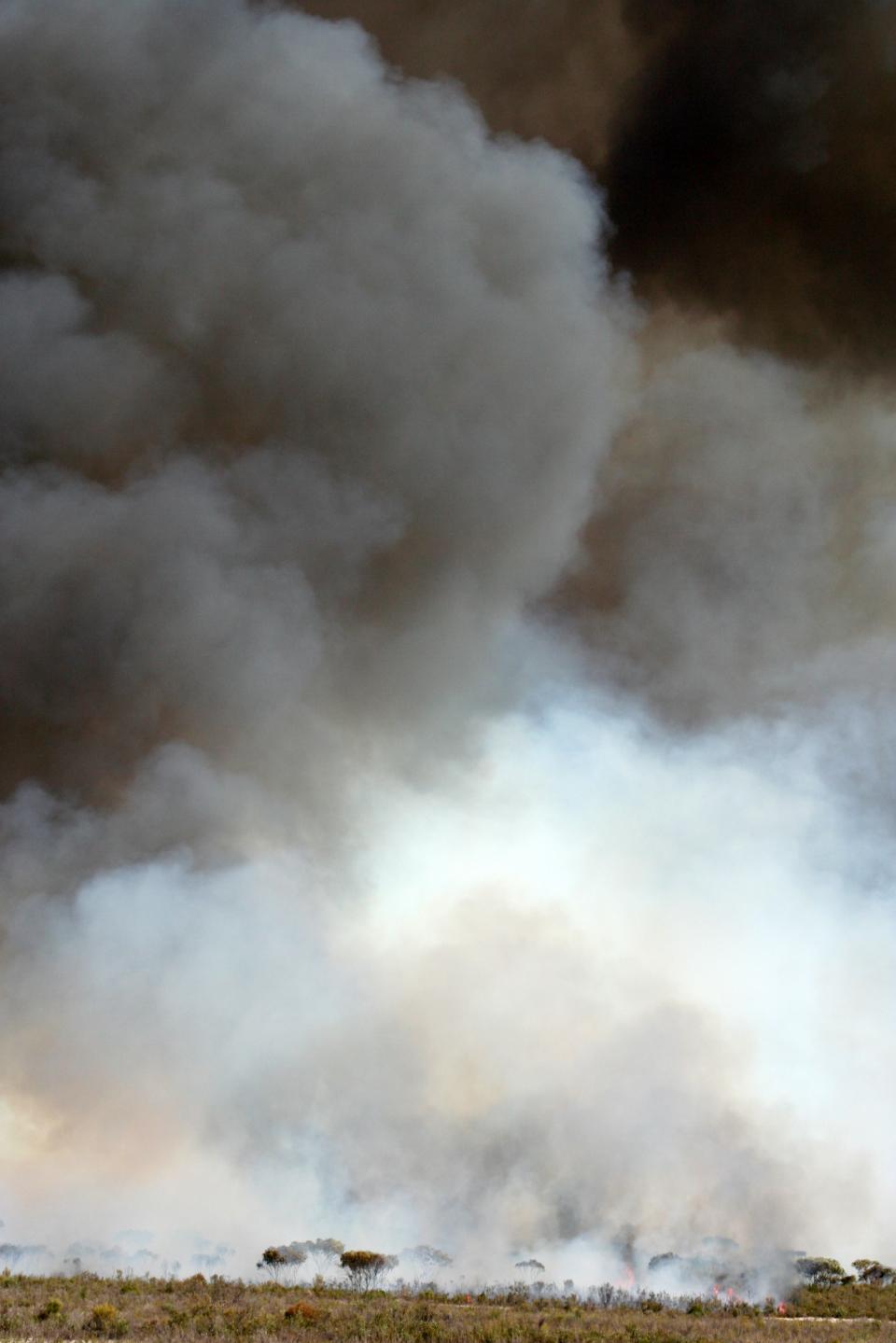Research leader
Research team
End User representatives
This project was commissioned and funded entirely by the Department of Environment, Land, Water and Planning, Victoria.
This study addressed gaps in the evidence about the social perceptions and community health impacts of prescribed burning, an essential component of bushfire management in Australia. As fire is an integral part of the Australian landscape, exposure to fire smoke is inevitable for the majority of Australians. Evidence suggests that public health harm is likely to be minimised by proactive management through prescribed burning, rather than relying on reactive management of severe bushfires as they arise. However, there is a lack of specific evidence to support operational guidelines for managing the community impacts of exposure to smoke at the lower concentrations and generally shorter durations of exposure usually associated with prescribed burning, as compared with the more severe and prolonged exposures often associated with uncontrolled bushfires. Prescribed burning is associated with community health risks as there is currently no known threshold below which smoke particles are not associated with a range of adverse health effects. These risks need to be clearly identified and quantified to: (1) compare with the health risks of failing to intervene to reduce the hazard of severe bushfires; and (2) enable evidence based management of these risks to increase the safety and public acceptability of prescribed burning.
The study had four research components:
(1) Clinical research - Quantifying individual health responses to smoke exposure during prescribed burning operations
(2) Epidemiological research - Quantifying concentration response relationships for selected population health outcomes
(3) Qualitative research - Describing perceived level of risk to human health and acceptability of prescribed burning among communities affected by prescribed burning
(4) Interventional research - Evaluating potential exposure mitigation and communication strategies for reducing the health impacts from smoke.
| Year | Type | Citation |
|---|---|---|
| 2022 | Journal Article | Cardiac autonomic impacts of bushfire smoke – A prospective panel study. Heart, Lung and Circulation (2022). doi:https://doi.org/10.1016/j.hlc.2022.08.011 |








